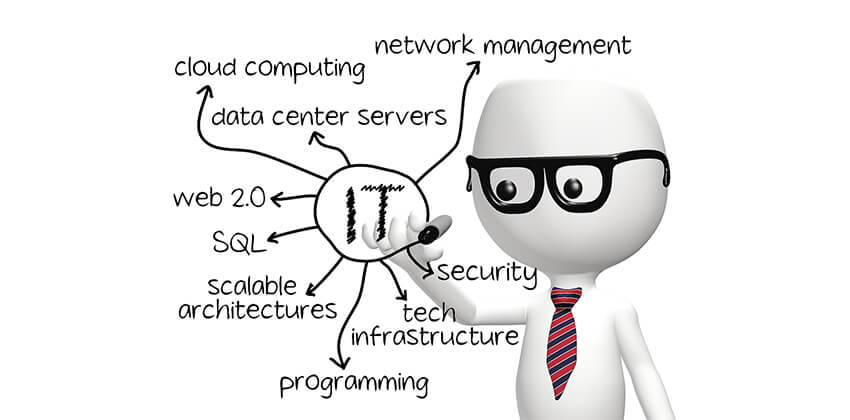
There’s one thing no one tells you about applying for jobs after college – that’s the secret I’m going to share.
Some of my friends call me a perpetual student: After grad school, I worked in colleges for the better part of ten years. I read and follow college commencement speeches like some people read Harry Potter.
There’s a lot of great material in Commencement speeches. One of my favorites comes from Tom Brokaw on college and the real world:
“What…is this real life all about? It’s not college – it’s not high school. Real life is junior high. The world you’re about to enter is filled with adolescent pettiness, pubescent rivalries, the insecurities of 13-year-olds and the false bravado of 14-year-olds. Forty years from now, I guarantee it, you’ll still be making silly mistakes, you’ll have a temper tantrum, you’ll have your feelings hurt for some trivial slight, you’ll say something dumb, and – at least once a week – you’ll wonder, ‘Will I ever grow up?’
You can change that. In pursuit of passions, always be young. In your relationship with others, always be a grown-up.”
I’ve got that sound bite committed to memory. It has rung true for me more than I can count. But I’m about to share with you something I’ve never seen anyone else share: Applying to jobs will never be easier to understand than it is in college.
Yes, you’ll have more experience with applying for jobs, interviewing, and networking (though in many ways, you’ve been networking since before you selected courses in high school – it’s just that no one called it networking.)
Yes, you’ll have an easier time figuring out who you know inside companies – thank you LinkedIn and Facebook.
But you’ll most likely never, ever have the certainty that you do if you apply to a job listed through your campus career services office – a position that comes with on-campus interviews.
Here’s why? At most jobs you apply to in college, you’ll see a timetable – with deadlines of where and when to apply. You’ll know when invitations are being issued for interviews. If you’re lucky enough to interview, they’ll tell you when you can expect a call back for second rounds. And – in most cases – you’ll get a formal rejection letter. You get closure.
This rarely happens in the “real world.” It’s like the first date who says “I had a great time, let’s plan something for next week” and never calls you back. When you apply for jobs post graduation, this will happen all the time.
I talked to a friend today. Her husband is in his mid-50’s. This happened to him twice last month. He’s still waiting for the phone to ring.
Another friend recently spent four hours applying for a job. He sent in his application and got a rapid response “Due to the volume of applications we receive, we regret that we cannot inform all of our candidates when they are no longer under consideration.”
Does this remind you of junior high?
So here are three short ways you can tackle this:
- Be a grown-up.If you haven’t heard in a while after you’ve applied or interviewed for a job, pick up the phone – and call the hiring manager. Ask them in person.Especially if the job has been reposted since you interviewed.
Yes, it’s hard to hear that you haven’t been picked. But more often than not, you may receive information that has nothing to do with you: perhaps the company has re-written the job description, put plans to hire on hold, or – and this really does happen – had to relist the position under a different requisition number!
Wasn’t it easier in junior high to know someone wasn’t going to call – ever – than to waste your time waiting?
- Check out this list of companies recognized for the time and energy in how they treat ALL their candidates – not just the ones who get picked.Did you know many companies do go back into their applicant pool from previous jobs to hire for new jobs? I recently did an interview with a senior recruiter at Google – and he said he does this “all the time.”
- Sign up to get an update when your job search status changes – even if your status has changed to a “no.”One secret not often shared is that many companies actually provide candidates with updates on their application status – whether their application has been viewed, whether the application is still in the queue, etc. But you have to know the information is there in order to get it – and you have to log back into the account you created when you applied.
Check out these strategies, and let me know how they work for you. You couldn’t pay me to go back to junior high. You?

E. Chandlee Bryan, M.Ed.(@chandlee) is a career advisor at Dartmouth College. A certified career coach and resume writer, Chandlee’s experience includes working as a recruiter, facilitating one of Manhattan’s largest job search meetups, and serving as the resume expert for a national Microsoft campaign. She is a co-author of The Twitter Job Search Guide (JIST 2010).
More about this author…
Don't forget to share this article with friends!




